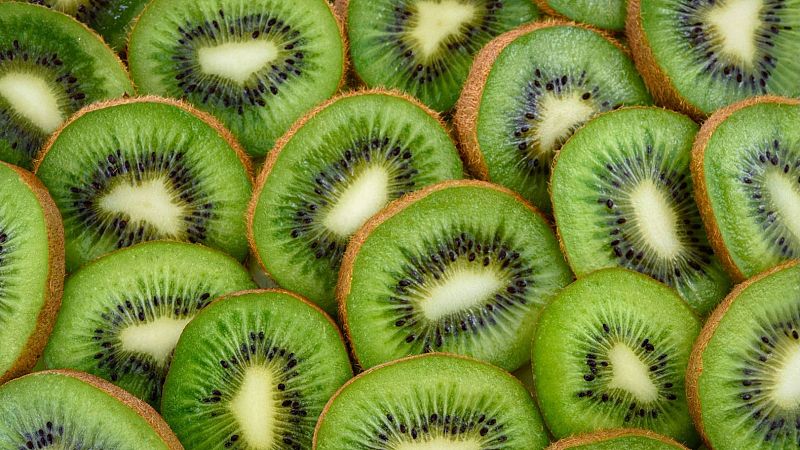
Move over prunes, there’s a new bowel buddy in town.
The European Commission has given the official thumbs-up to a formal health claim that “consumption of green kiwifruit contributes to normal bowel function by increasing stool frequency”.
In plain English: green kiwis help you go.
This go-ahead makes green kiwi the first fresh fruit ever to be granted an authorised health claim by the European Union, which has a notoriously strict vetting process for such assertions.
Food producers are barred from making any official statements about the relationship between food and health unless they get special permission from the Commission.
Only three health claims have been approved in the last five years, and fewer than one in eight applications survive the EU food safety agency’s scientific grilling.
The decision follows an application from New Zealand’s Zespri International Limited, the world's largest marketer of kiwifruit, dominating around one-third of the global trade in kiwifruit.
The approval follows more than 15 years of research showing that eating two green kiwifruit a day (about 200 grams of flesh) keeps things, well... you know, moving.
Not easy to get the EU’s blessing
Getting a health claim through Brussels is harder than one might think.
The rules are tough for a reason: the EU wants to protect consumers from misleading promises. All claims must be scientifically backed, crystal clear, and not deceptive.
Some of the more familiar authorised claims may include "calcium is needed for normal growth and development of bone in children" and "vitamin C contributes to maintain the normal function of the immune system”.
Not everyone gets a seat at the EU health-claims table, with many still waiting in line.
Probiotics, for example, still don’t have official recognition.
The European Food Safety Authority (EFSA) says the evidence isn’t robust enough, meaning yoghurt-makers can’t slap “good for your gut” on packaging, except in the very specific case of yoghurt cultures that help digest lactose.
That’s why customers see “live cultures” instead of “probiotics” on grocery shelves in the EU.
Botanicals, such as herbal teas and extracts, are also stuck in regulatory limbo. EFSA hit pause on their evaluations back in 2010, although some transitional claims submitted before 2008 can still be used under specific conditions.
Kiwi steps up
Kiwifruit, however, made the cut.
EFSA’s 2021 opinion confirmed there’s a real cause-and-effect link between eating green kiwifruit and maintaining normal bowel habits.
After some back-and-forth over wording, the EU settled on the consumer-friendly phrasing on fresh kiwi's ability to increase "stool frequency”.
Zespri CEO Jason Te Brake called it a milestone.
“The EU Commission’s recognition of green kiwifruit’s role in digestive health reflects one of the ways we are helping people thrive through the goodness of kiwifruit," he said.
The permission to market kiwis as the fruit that officially keeps you regular might not be the sexiest slogan, but it's definitely effective.







